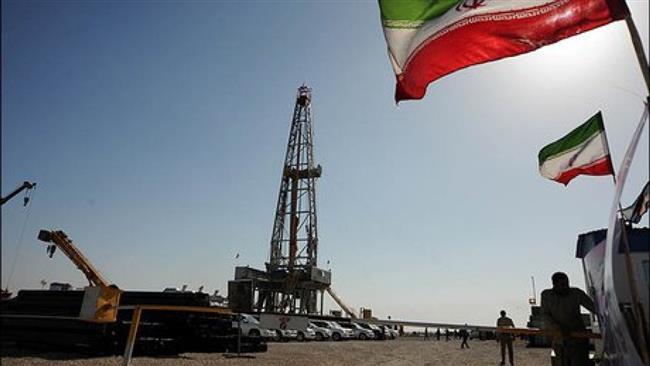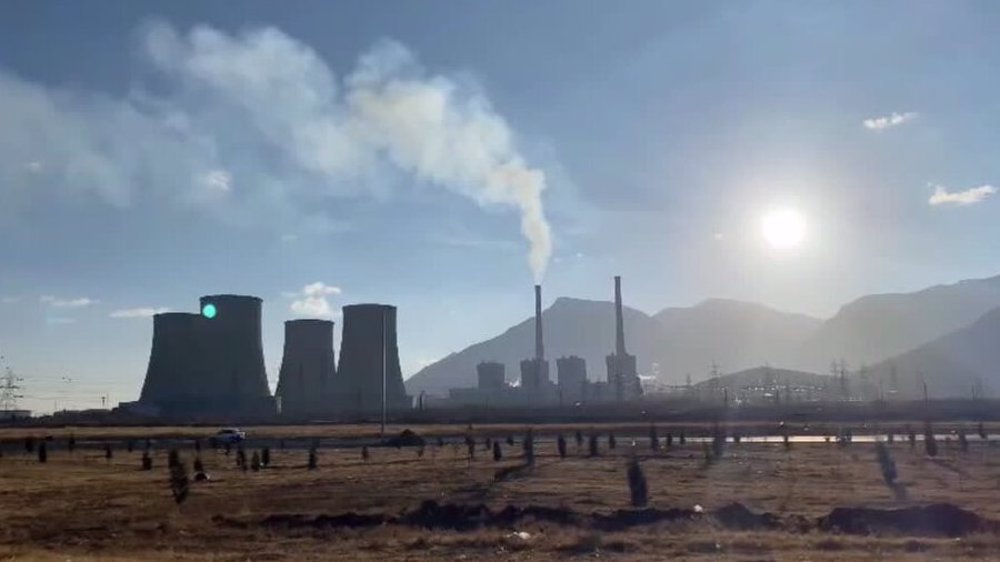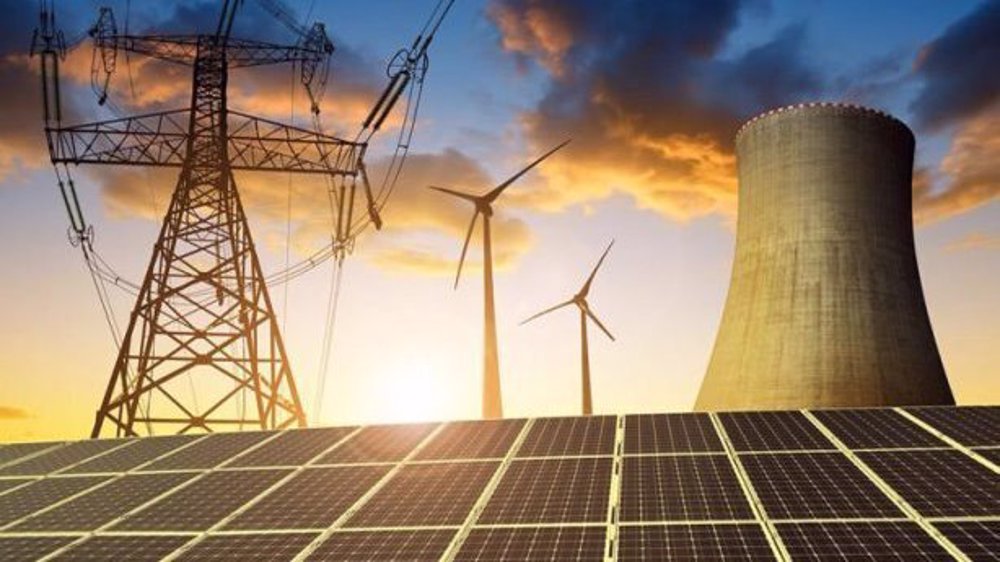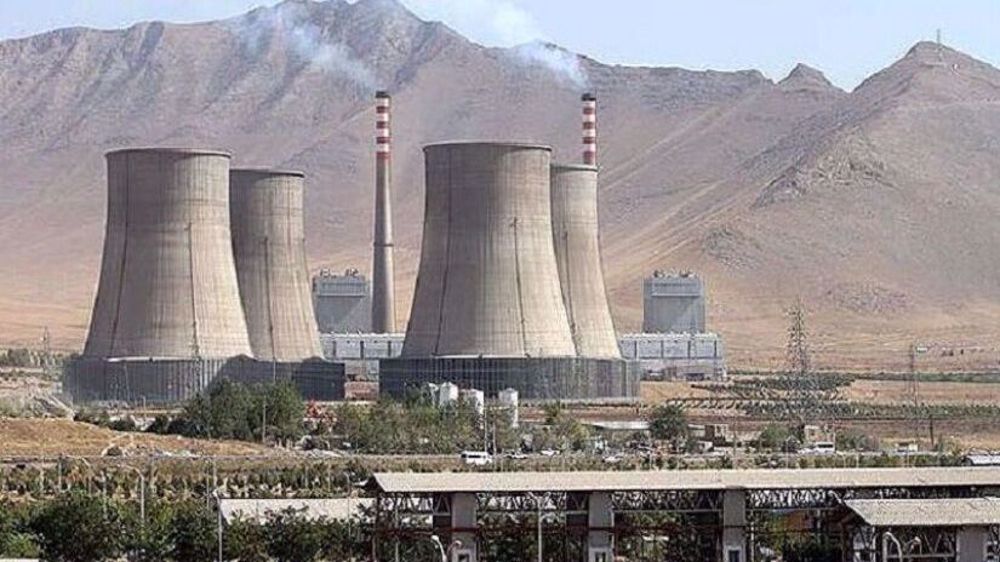Iran says key oil players presented Azadegan plans
Iran says several leading oil and gas players have submitted the results of their studies over the development of one of its biggest oil prospects – Azadegan oil field.
Ali Kardor, the managing director of the National Iranian Oil Company (NIOC), was quoted by the domestic media as saying that the companies included Total, Royal/Dutch Shell, CNPC and Inpex.
Kardor emphasized that the NIOC was already studying the studies presented by the companies. He added that several more had requested more time to present their technical evaluations over Azadegan, but did not name them.
Meanwhile, Iran’s Petroleum Minister Bijan Zanganeh announced earlier this week that the tender proceedings over the project – known as Iran’s biggest oil find in decades – had already started.
Zanganeh also said that if things proceed as normal, a deal over Azadegan was likely to be sealed before next summer.
Iran discovered Azadegan oil field in the oil-rich southwestern province of Khouzestan in 1999 in what was the country’s biggest oil find in decades. The country accordingly teamed up with Inpex to push the project toward development. However, the Japanese company later quit the project in what appeared to be the result of US sanctions against Iran.
The NIOC later divided the project into South Azadegan and North Azadegan and both were awarded to China’s CNPC when Iran’s former president Mahmoud Ahmadinejad (2005-2013) was in office.
The media reported in 2014 that Zangeneh had sidelined CNPC from South Azadegan due to its protracted delays in developing the field.
South Azadegan is believed to hold an in-place oil reserve of about 33.2 billion barrels and its recoverable resources estimated at about 5.2 billion barrels.
Azadegan is shared with Iraq, and Iran is in a race with its neighbor to develop the reservoir. Royal/Dutch Shell has developed the Iraqi stretch of the reservoir, known as Majnoon oil field in the southern city of Basra.
Majnoon came into production in 2014.
Iraq is pumping between 220,000 and 230,000 bpd from Majnoon, nearly three times over the Azadegan output, according to a report by Xinhua news agency.
Turkey's foreign minister meets Syria's de facto leader in Damascus
'Next to impossible' to rescue patients from Gaza's Kamal Adwan Hospital: Director
VIDEO | Vietnam current prosperity
Report blames gasoil exports for shortage at Iranian power plants
VIDEO | Hind Rajab Foundation names Israeli war criminals vacationing after Gaza genocide
VIDEO | Australians rally for Gaza ahead of Christmas festivities
VIDEO | Attacks on Sana'a
Iran reports further drop in annual inflation rate in December










 This makes it easy to access the Press TV website
This makes it easy to access the Press TV website